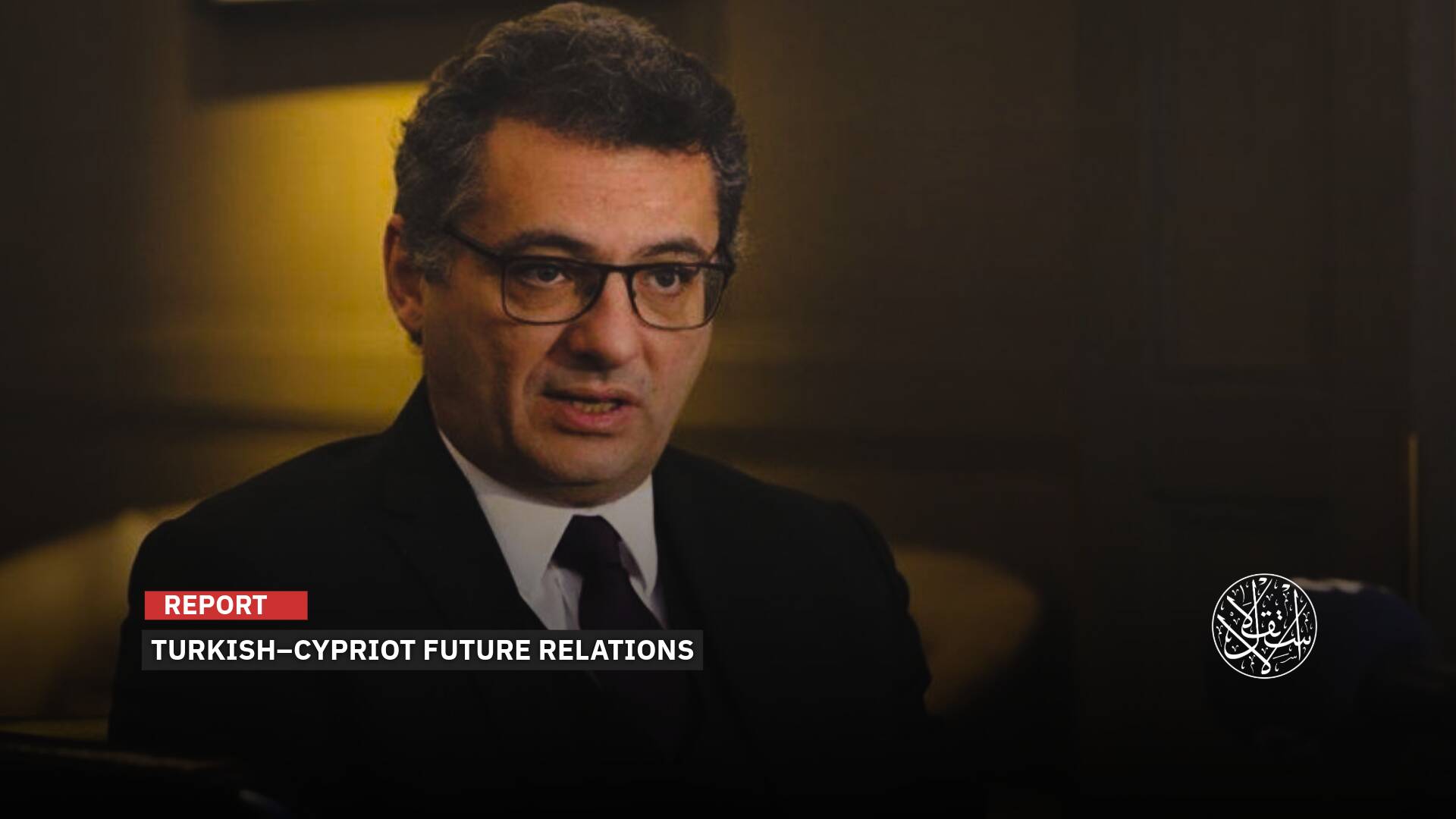Visa Rejections for Turks: Is It Europe’s New Card to Pressure Turkiye?

Complaints about the Schengen visa, which is required for Turkish citizens to enter 26 European countries, most of which are members of the European Union (EU), have intensified recently. It is observed that the number of Schengen visa applications and rejection rates has increased in recent years.
The number of people who want to go to Europe from Turkiye is increasing, but getting a Schengen visa is getting harder. The member of the Parliamentary Assembly of the Council of Europe (PACE) and Chairman of the Parliamentary Industry Commission Ziya Altunyaldiz stated that there are deficiencies in the implementation of the Schengen Information System, while Turkish Foreign Minister Cavusoglu said that they might take action against what he termed "deliberate" acts.
He emphasized that Turkiye seeks answers to delays and other difficulties in visas for Turkish citizens seeking to travel to Europe and the United States.

Sharp Decrease
According to the information provided by Altunyaldiz, the Schengen visa refusal rate, which was 4 percent in 2014, increased to 12,7 percent in 2020.
The statistics compiled by the SchengenVisaInfo.com website revealed that the rejection rate of visa applications made by Turkish citizens in 2020 was 13.78, while it increased to 19 percent in 2021.
According to the calculations of the same site, the amount lost by Turkish citizens due to their expenses due to visa applications rejected in the last five years has reached a total of 26 million euros. The fee required for obtaining a Schengen visa is 80 euros. This fee, which is taken in euros, is not refunded to the person if the application is not accepted. On the other hand, it is estimated that the income of EU countries from applications made in Turkiye is over 315 million euros.
Meanwhile, a London-based investment and citizenship consultancy company, The Henley Passport Index, ranks the Turkish passport 54th among 199 passports with 110 points.
Embarrassing the President?
16.5% of the visa applications of Turkish citizens wishing to visit Europe were refused. This is an increase of 12.5 compared to last year after the rejection rate was only 4 percent in 2015. Cavusoglu commented on these rates by saying that the refusal of visas to Europe is a deliberate attempt to embarrass President Erdogan before the elections next year.
In an interview with the Haber Global news broadcaster in the capital Ankara, Cavusoglu said Turkish citizens are waiting for months to get an appointment date from the U.S. and some European countries. "It is planned and deliberate," he indicated.
He stressed that: "Necessary warnings will be made to the ambassadors of these countries at the beginning of September. If there is no improvement, then we will take countermeasures." Emphasizing that Turkiye considers this something imposed as a challenge for the government ahead of elections," he said.
As for the head of the European Union delegation to Turkiye, Nikolaus Meyer-Landrut, he considered that the rate of rejection of Turkish visa applications is the same as the global average of 13 to 14 percent.
Reuters quoted the testimonial of the Turkish sports presenter Sinem Okten who was surprised to see her visa application to Europe's Schengen area rejected twice. She had visited Europe many times previously to cover matches and interview figures like Italian keeper Gianluigi Buffon and Liverpool's Juergen Klopp.
"I applied first to Germany then to France. Both rejected my application," she said. "I've traveled abroad numerous times to follow and film matches and interview people, maybe 50-60 times. This is the first time I am having this problem."

System's Deficiency
AKP Konya Deputy Ziya Altunyaldiz expressed the problems experienced regarding the Schengen visa at the PACE session held at the end of June. The Schengen system report prepared by Altunyaldiz as rapporteur was accepted at the Commission meeting during the PACE Summer Term General Assembly.
Providing information about his report to DW Turkish, Altunyaldiz states that due to the deficiencies in the implementation of the Schengen Information System, violations of fundamental human rights such as "freedom of travel, respect for private and family life in the use of personal information," which are guaranteed in the European Convention on Human Rights, have been observed.
Altunyaldiz said that although the member states of the Schengen area are authorized to make the decision regarding those who will enter their own areas, they should not forget their commitment not only to the EU legal order but also to the European Convention on Human Rights while making this decision. It draws attention to the fact that making it available for use by its members may also violate the right to respect for the private and family life of individuals.
He added that the effectiveness of the control of personal data, the impartiality of the decision of the data regarding the visa application, and the existence of a transparent monitoring and verification mechanism in the process are very important.
Also, as a solution to a very common problem, the denial of entry into Schengen countries or the verification of the information before the short-term visa refusal. He also suggested the operation of the additional information request mechanism.
With the adoption of Altunyaldiz's report, the PACE invited EU countries to finalize the revision of the Schengen evaluation mechanism as soon as possible.
Germany is among the countries that have been criticized for the length of refusal responses and waiting periods for applications made from Turkiye. Especially in recent years, there has been a noticeable increase in the number of people who want to live in Germany for both economic and other reasons. However, the fact that the scope of people granted green and diplomatic passports in Turkiye has widened in recent years also raises questions.
Ogun Soyleguzel, who is the owner of an İzmir-based travel agency, stated that getting a Schengen visa has been difficult for a long time, but rejection rates have increased with the increase in applications, especially after the pandemic.












